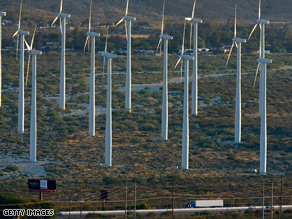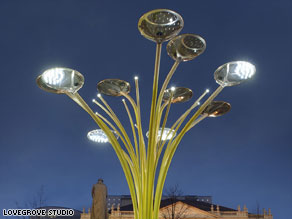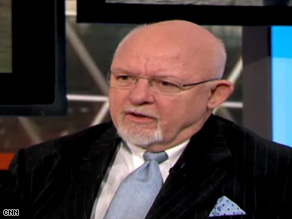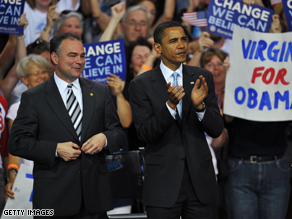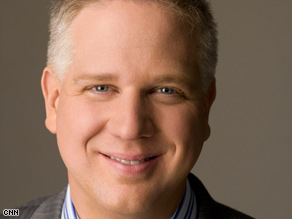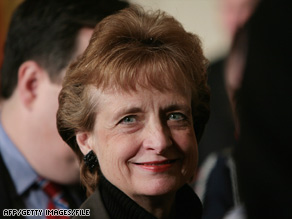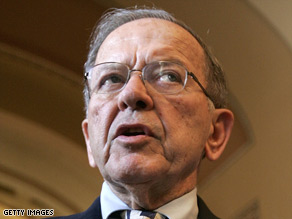Shooting high, bouncing back: Yao Ming

Houston Rockets basketball player Yao Ming is China's most famous sports icon.
Nor do you have to be a sports buff to recognize his giant physique and square countenance, dominating television commercials and billboards everywhere in China, advertising everything from Apple monitors to Visa cards to Coke.
This summer, Yao will lead the national Chinese basketball team against the U.S. for a historical showdown between the Games' most ardent rivals.
Yao's injuries earlier this year were followed meticulously, so much that the Chinese Basketball Association had mapped out with military precision two scenarios for the Olympic match -- one with Yao, one without.
By now we know that Yao will play, but how much will his performance suffer? While some have speculated about exactly how many inches he will lose on his high jump, Yao himself bounces back with confidence:
"I am a little worried about my conditioning stuff," he admits, "but as for my foot injury, there is no problem."
Does that mean he will carry the torch in Beijing?
"That's top secret for our country," he tells CNN. "That's such a big honor. That would be a one time in my life."
Yao was born on September 12, 1980 to 2-meter tall Yao Zhiyuan and 1.9-meter tall Fang Fengdi, both basketball players themselves.
So expectant were China's high sporting authorities of the newborn baby boy that his "engineered" birth inspired a book by Brook Larmer titled "Operation Yao Ming," published in 2005.
Although the shy primary school student was more inclined to recite vivid details of China's great historical military battles, his 9-year-old, 1.7-meter frame could hardly be ignored by the nation's sports officials, who promptly recruited him to play basketball.
By the age of 17, Yao debuted in the playing for the Shanghai Sharks, and it wasn't long before he led the team to the CBA championship, most famously making all 21 shots in a single playoffs game.
Show times
Friday, August 12330 (Asia/South Asia/North America)
Saturday , August 2
1500 (All Regions)
Sunday, August 3
0030 (Europe/Asia/South Asia/North America)
0730 (All Regions)
1300 (Asia/South Asia/North America)
ALL TIMES GMT
But Yao's real leap into the limelight came after he was selected first overall in the 2002 NBA draft by the Houston Rockets, and subsequently pursued his career out of the U.S. state of Texas.
Only 22 years old at the time, Yao tells CNN of his ambiguous feelings about his move overseas, beginning with all the cameras flashing him at the Shanghai airport:
"You are blind, and you really want to step back and turn back home. Because you don't know what will happen in the future, in Houston waiting for you. To be honest, I was a little afraid, but I knew there was only one way I could go."
Ever since that decisive No. 1 draft in the NBA, Yao has become China's most famous sports icon, projecting an image of youth, vigor and greatness to a Western world that had long viewed the Chinese as "inscrutable".
In the United States, Reebok contracted Yao for a rumored $100 million, thought to be the largest-ever endorsement contract between a shoe company and an athlete.
Meanwhile in China, Yao was endorsing the Beijing-made Yanjing beer, and appeared in television commercials for telecommunications company China Unicom.
In 2003 he returned home to play on the Chinese national team, and also hosted a multi-national telethon that raised more than $300,000 to help researchers seeking a cure for SARS (Severe Acute Respiratory Syndrome).
But Yao was even more affected by the recent earthquake that hit China's Sichuan and Gansu provinces, donating $2 million to relief work and creating a foundation to help rebuild schools destroyed by the quake.
"Before the earthquake, we just were thinking the Olympics is a great opportunity for us to know the world, and let the world to know China," Yao tells CNN.
"Now we play the Olympics for those people who we lost in the earthquake. The recovery for the earthquake zone [may take] 10 years, maybe even longer. We continue, we need a lot of help. I think we will [be] more open to the world."



